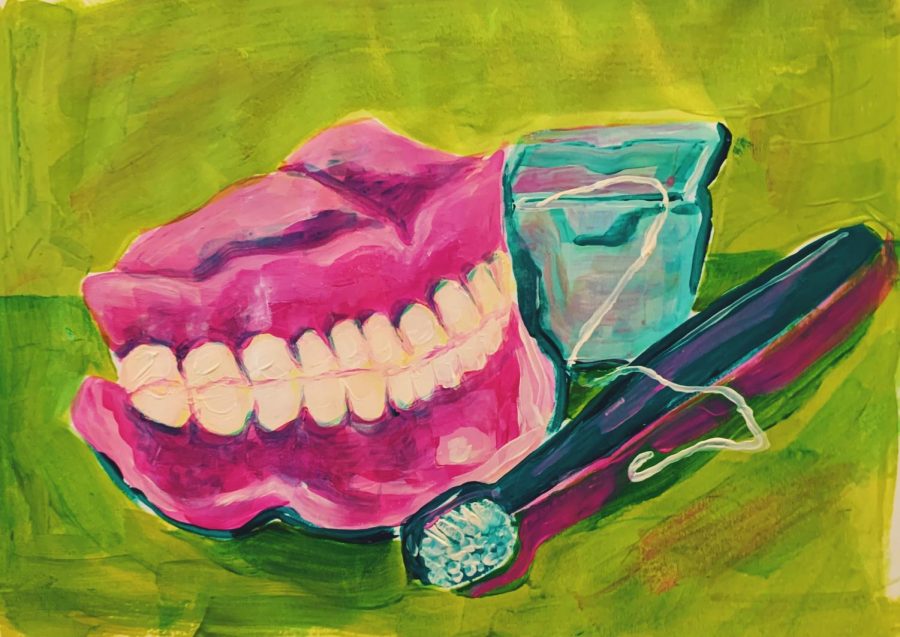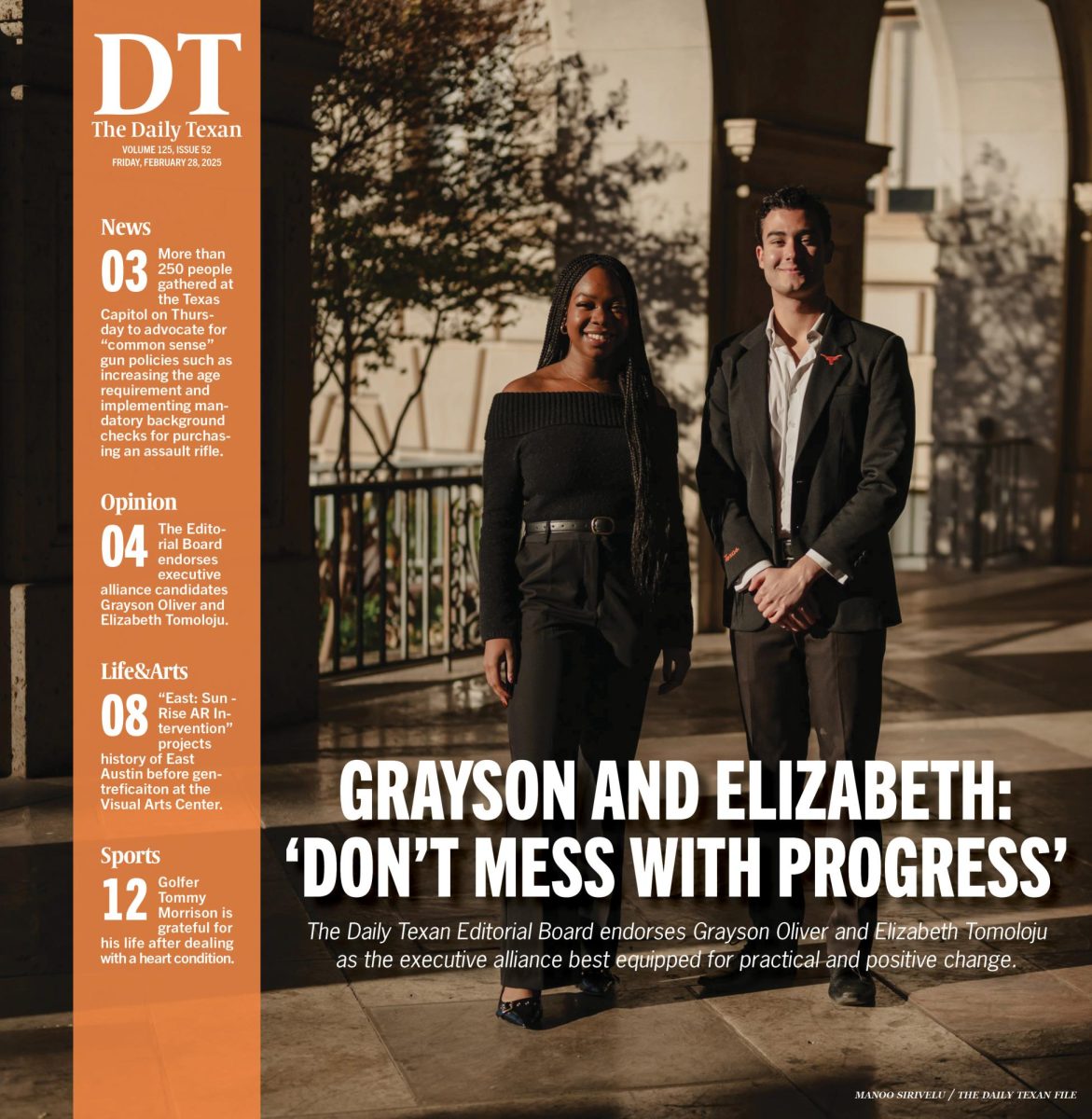Increase accessibility to dental care
July 9, 2021
Editor’s Note: This article first appeared as part of the July 6 flipbook.
Dental hygiene is an easily forgotten part of our overall health, especially for college students. I’ve heard many of my friends say they haven’t been to the dentist in a long time due to financial or time constraints, and I have run into problems firsthand trying to find a local dentist who accepts my out-of-state insurance.
According to a report from the American College Health Association, “The combination of busy college students, risk taking, and lack of campus dental health care services is a dangerous triad both for the present and also for the future.”
In order to ensure it is fully taking care of its students’ health, University Health Services should increase accessibility to dental care.
UHS does not currently have any on-campus dental services, meaning students need to look for dentists in the Austin community. This can be difficult or even impossible for out-of-state students with out-of-network plans or for uninsured students.
The only access to a dental insurance plan that the University provides is through the purchase of one of Blue Cross Blue Shield of Texas’ AcademicBlue student health insurance plans, which generally cost over $3,000 annually.
The plan covers limited cleanings and periodic maintenance, abscess treatments, a couple of X-rays, one sealant per tooth for those 19 and under, medically necessary services, and some oral surgery, although general anesthesia is only covered if proven necessary. Notably, most of the issues that are not covered are those prevalent in college students. This, along with the barrier of having to first purchase a full general health insurance plan, renders this option relatively inaccessible.
Dr. Terrance Hines, executive director and chief medical officer for UHS, explained the resources the University provides to students seeking dental care.
“We have previously explored the feasibility of establishing dental care on campus and remain open to student feedback. However, at this time there are no plans to open a dental clinic,” Hines said in an email. “If the need for dental care is identified when a student calls our Nurse Advice Line, referral information to accessible services in the community is provided.”
Yet, when I called the line to inquire about referrals to local dentists, I was told to turn to Google. The very least UHS could do to increase accessibility to dental care is guide students through the process or provide a list of local clinics that accept major insurances, including AcademicBlue.
The establishment of a low-cost dental clinic on campus seems to be a clear pathway to equitable access to dental care, so it’s surprising the University has decided against it. If establishing a clinic isn’t feasible, UHS could also explore partnering with local clinics to provide subsidized care to students with or without insurance who cannot afford it.
Cheney Melton, a finance junior, said she feels that the establishment of an on-campus dental clinic would make acquiring dental care easier.
“Even though I have insurance, dentists are still expensive. I feel like a UT dental clinic would be more affordable, like they are with psychiatry and doctor’s appointments,” Melton said.
By providing cheaper treatments for other health issues, the University has already demonstrated that they can do the same for dental care. Ultimately, dental care is a critical aspect of healthcare and should be treated as such.
Michigan is a Plan II and race, indigeneity and migration junior from Shreveport, Louisiana.












